Top 6 Must-Have Guitar Pedals for Every Musician
Are you a musician looking to enhance your guitar’s sound? Look no further. In this post, we will be exploring the top six must-have guitar pedals that every musician should consider adding to their collection. These pedals will help you elevate your music, allowing you to experiment with different tones and effects. Whether you’re a beginner or an experienced guitarist, these pedals are essential tools that will take your playing to the next level. So, let’s dive in and discover the must-have guitar pedals that you need in your arsenal.
DS-1 Distortion Pedal by Boss
The Boss DS-1 Distortion Pedal is a classic and time-proven stompbox that has been a favorite among rock and metal guitarists for decades. With three tone controls (level, bass, and distortion), this pedal offers a wide range of rock sounds. Whether you’re looking for a loud and distorted crunch or a clean grunge tone, the DS-1 delivers with its clean look and versatile sound. It is a high-quality pedal that is perfect for achieving heavy, yet clean distortion, making it a must-have for any guitarist’s rig.
Zoom G1X FOUR Multi-Effects Processor
The Zoom G1X FOUR Guitar Multi-Effects Processor with Expression Pedal is a versatile and affordable solution for guitarists looking to explore a wide range of effects and amp models. With over 70 built-in effects and 13 amp models, this pedal offers endless creativity and sonic possibilities. It also features a 30-second looper, 68 built-in rhythm patterns, and a tuner. The expression pedal adds an extra level of control and expression to your performances. Whether you’re a beginner or an experienced musician, this compact and battery-powered unit is perfect for practice, performance, and recording.
Donner Yellow Fall Delay Pedal
The Donner Guitar Delay Pedal, Yellow Fall Analog Delay Guitar Effect Pedal Vintage Delay True Bypass is a versatile and durable pedal that reproduces the warm and natural sound of classic vintage analog delay. With adjustable delay time ranging from 20ms to 620ms, and adjustable delay level and feedback, you have full control over your delay effects. The aluminum-alloy construction ensures stability and strength, while the true bypass feature provides transparent tone. The LED indicator shows the working state of the pedal. Please note that the power supply is not included, and the pedal runs on 9V DC.
Behringer OD300 Effects Pedal
The Behringer Overdrive/Distortion OD300 is a versatile effects pedal that allows you to achieve overdrive, distortion, or a combination of both in one powerful unit. With dedicated controls for Level, Tone, Drive, and Mode, you have complete control over shaping your sound. The pedal features a blue status LED for easy on/off and battery check, and can be powered by a 9V battery or the Behringer PSU-SB DC power supply (not included). Designed and engineered in Germany, this pedal is built to last and compete with leading products on the market.
MOOER GE100 Multi-Effects Guitar Pedal
The MOOER GE100 Multi-Effects Guitar Pedal is a versatile and feature-packed unit that allows you to create your own unique sound library. With 80 preset patches and 80 user patches, you have plenty of room to save your preferred tones. The pedal includes 8 effect modules with 66 effect types, giving you access to a wide range of Mooer’s unique sound library. The 6 assignable expression pedal parameters add convenience and diversity to your tone control, and the adjustable output mode setting allows you to use line out mode for a good tone when playing without an amp. The pedal also features a 180-second looper and a drum machine with various rhythm patterns, allowing you to create your own music without the need for a computer. Additionally, the GE100 has a scale and chord learning function, making it a comprehensive tool for guitarists of all skill levels.
Kmise Crunch Distortion Pedal
The Kmise Crunch Distortion Electric Guitar Effects Pedal is a high-quality pedal that offers integrated noise reduction to ensure the quietest effect possible. With true bypass switching, the pedal maintains a pure signal flow when disengaged. The sturdy aluminum alloy body makes it durable and safe to transport, while its small size and light weight make it easy to carry for outside gigs. Additionally, the pedal comes with a lifetime promise, ensuring that any problem will be resolved promptly. Overall, it is an affordable and easy-to-use distortion pedal that delivers solid performance.
Comparing Guitar Pedal Options
Top Pedal Brands
Step-by-step guide to effectively utilize guitar pedals
- Start with the basics: Familiarize yourself with the different types of guitar pedals available, such as distortion, delay, and reverb pedals. Understand their functions and how they can enhance your sound
- Experiment with placement: Connect your guitar pedals in the correct order to achieve the desired sound. Typically, the signal flows from your guitar to the pedalboard, starting with the tuner, then through various effects pedals, and finally to the amplifier. Knowing the correct order will help you achieve the best results
- Adjust settings and fine-tune: Each guitar pedal has its own set of controls that allow you to adjust its effect to your liking. Take time to understand how each control affects the sound, and experiment with different settings to find your desired tone. Remember to start with subtle adjustments and gradually increase or decrease the effect intensity as needed
- By following these guidelines, you can confidently begin using guitar pedals as a beginner and explore their vast possibilities in enhancing your guitar playing experience
Frequently Asked Questions about Guitar Pedals
How does a delay pedal work and what are some popular delay effects used by guitarists?
A delay pedal is an effects pedal used by guitarists to create the illusion of multiple sounds being played simultaneously. It works by recording the input signal and then playing it back after a certain delay. This creates a repeating echo effect that can be adjusted by controlling the delay time, feedback, and level settings on the pedal.
There are several popular delay effects used by guitarists. One of the most common is the “slapback” delay, which creates a short delay time (around 100-200 milliseconds) to give a quick, rhythmic echo effect. Another popular effect is the “analog” delay, which mimics the warm and slightly distorted sound of vintage tape delays.
The “tape” delay effect emulates the characteristics of old reel-to-reel tape machines, providing a rich and warm delay sound. The “modulated” delay adds a subtle modulation to the delayed signal, creating a swirling, chorused effect.
The “reverse” delay effect plays the delayed signal in reverse, giving a unique and otherworldly sound. The “ping-pong” delay effect bounces the delayed signal back and forth between the left and right stereo channels, creating a spacious and immersive effect.
These are just a few examples of the popular delay effects used by guitarists. Each effect offers its unique sonic qualities and can be used creatively to enhance the guitar’s sound in various musical contexts.
What is the difference between analog and digital guitar pedals?
Analog and digital guitar pedals differ primarily in the way they process and manipulate the sound signal.
Analog pedals use analog circuitry to modify the incoming guitar signal. They work by directly processing the electrical signal generated by your guitar, resulting in a warm and organic tone. Analog pedals are known for their simplicity and often have fewer features and settings. They can produce subtle tonal variations and are often favored by guitarists seeking a vintage or classic sound.
On the other hand, digital pedals use digital signal processing (DSP) technology to modify the guitar signal. These pedals convert the analog signal into a digital format, process it using algorithms, and then convert it back into an analog signal for output. Digital pedals offer a wide range of effects and features due to their ability to store and recall presets. They can emulate various sounds, offer more precise control over parameters, and provide a broader spectrum of tonal possibilities.
While analog pedals are known for their warmth and simplicity, digital pedals excel in versatility and convenience. However, some guitarists argue that digital pedals may lack the organic feel and responsiveness of analog pedals.
Ultimately, the choice between analog and digital guitar pedals depends on personal preference, desired tone, and the specific needs of the guitarist.
How does a reverb pedal work and what are its different applications?
A reverb pedal is an audio effects device that simulates the natural reverberation of sound in different spaces. It is commonly used by musicians to add depth, ambience, and spaciousness to their sound.
In terms of functionality, a reverb pedal takes the original audio signal and adds reflections and echoes to create the illusion of being in a specific acoustic environment. It achieves this by using algorithms and digital signal processing techniques to manipulate the sound.
The different applications of a reverb pedal include:
- Creating a sense of space: By adding reverb, you can make your sound appear as if it is being played in a large hall, a small room, or even a cathedral. This can enhance the overall depth and atmosphere of your music.
- Adding realism to recordings: When recording in a dry or acoustically poor environment, a reverb pedal can help add the necessary ambiance to make the recording sound more natural and lively.
- Enhancing vocals and instruments: Reverb can add richness and warmth to vocals, guitars, pianos, and other instruments. It can make them sound fuller and more immersive.
- Emulating classic sounds: Reverb pedals often include presets that replicate the reverb characteristics of iconic venues or famous recordings. This allows you to recreate the ambiance of specific songs or genres.
- Creative sound design: Beyond simulating real-world spaces, reverb pedals can also create unique and unconventional reverberation effects. This can be useful for experimental music, soundscapes, or adding an otherworldly touch to your sound.

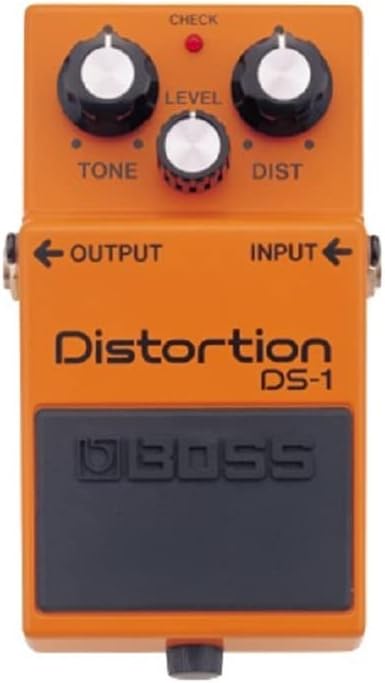







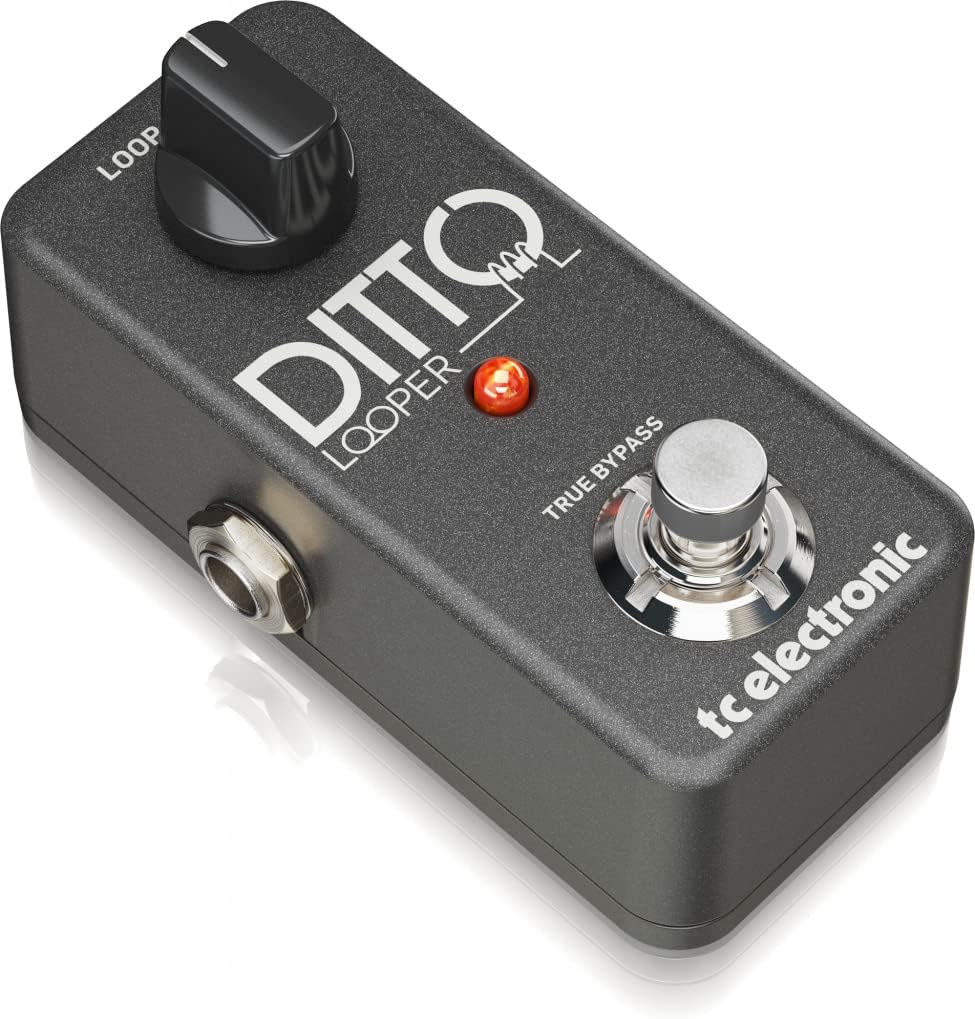


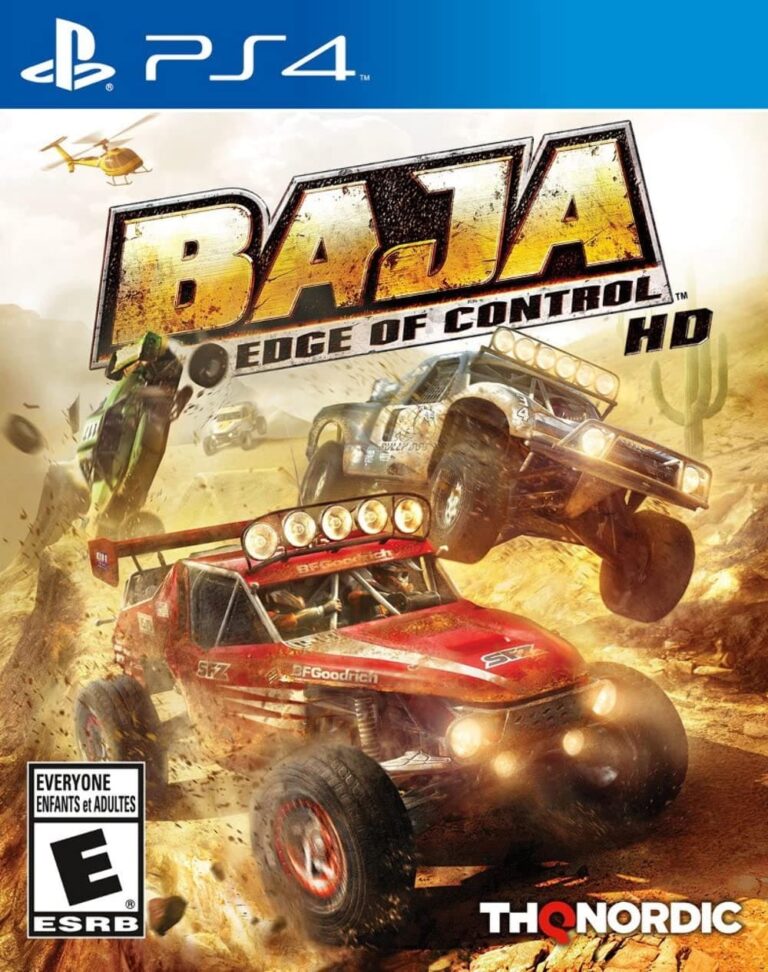
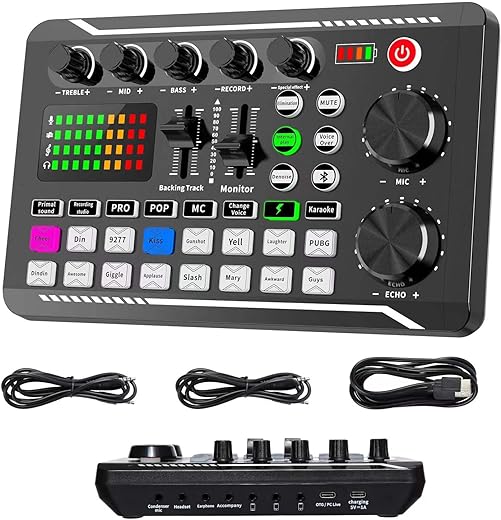

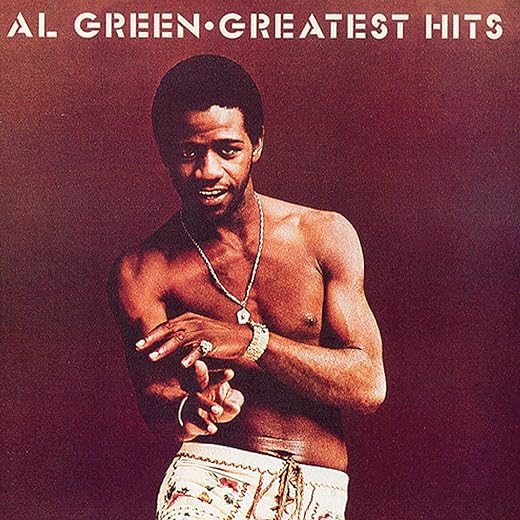
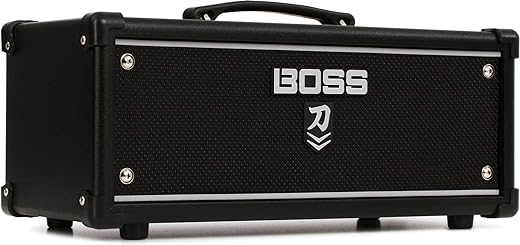
Thank you for this informative roundup! I’ve been looking to expand my pedal collection, and this list has given me some great options to consider.
I highly recommend the Zoom G1X FOUR Multi-Effects Processor. It offers a wide range of effects and amp models, and the built-in expression pedal adds versatility to your playing. Plus, the price is very reasonable for the features it offers.
When it comes to guitar pedals, it’s essential to experiment and find the ones that suit your playing style and genre. Don’t be afraid to try different combinations and settings to achieve your desired sound.
While these are all great choices, my personal favorite is the TC Electronic Hall of Fame 2 Reverb Pedal. It adds depth and atmosphere to my guitar tone, and I love the toneprint feature that allows me to customize the reverb sounds.
Thank you for sharing your favorite! The TC Electronic Hall of Fame 2 Reverb Pedal is indeed a fantastic option for those looking for high-quality reverb effects.
Would love to know if there have been any updates to this article since it was published. It’s always helpful to have the latest information on guitar pedals.
Thank you for your interest! As of now, there have been no updates to this article. However, we always strive to provide the most up-to-date information, and any future updates will be mentioned in the article if necessary.
Great roundup! As a guitarist myself, I appreciate the selection of pedals included. It’s evident that the author has experience and knowledge in this area.
I disagree with the inclusion of the Behringer OD300 Effects Pedal in this roundup. In my experience, its build quality and sound quality are subpar compared to other options on the list.
Thank you for sharing your perspective. While opinions on pedals can vary, the Behringer OD300 Effects Pedal has been included due to its popularity and affordability.
I’m really impressed with the pricing on the Donner Yellow Fall Delay Pedal. It’s a great budget option for musicians who want to experiment with delay effects without breaking the bank.
Absolutely! The Donner Yellow Fall Delay Pedal offers great value for its price. It’s a fantastic choice for musicians on a budget.
Out of these options, my favorite is the DS-1 Distortion Pedal by Boss. It delivers a classic distortion sound that suits a variety of genres, and it’s built like a tank. Can’t go wrong with it!
Thank you for your recommendation! The Zoom G1X FOUR is indeed a popular choice among musicians for its versatility and affordability.